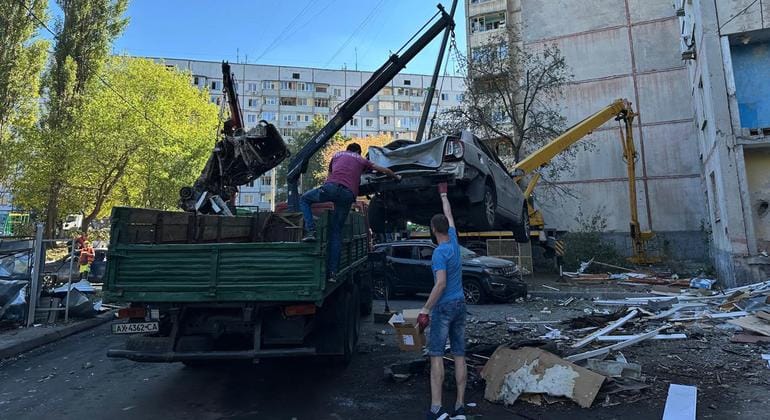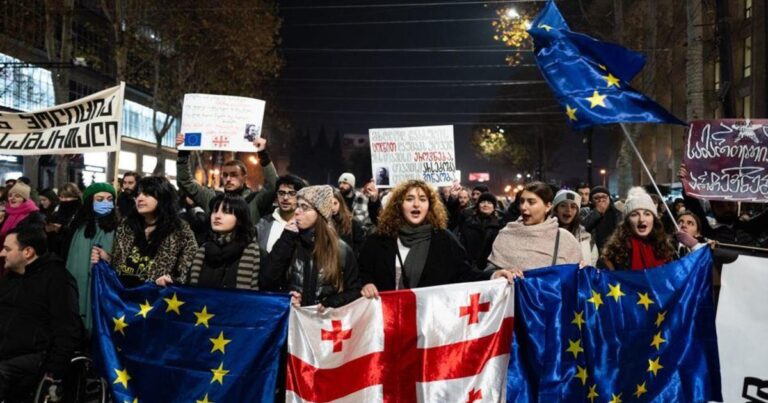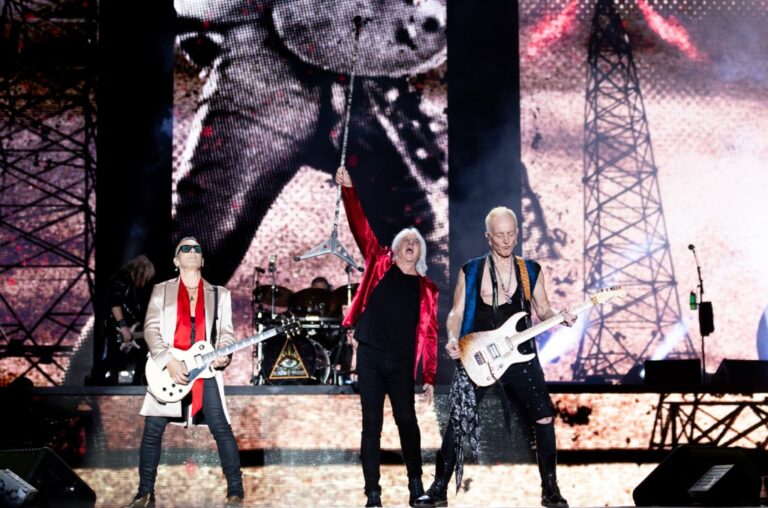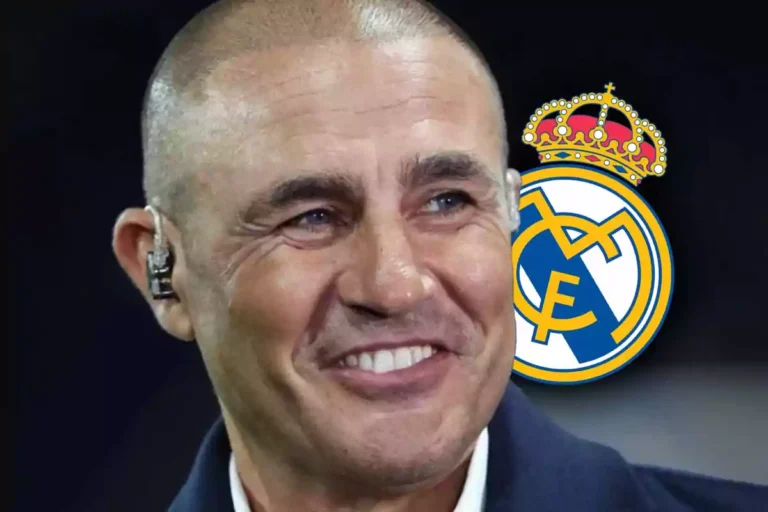

In a briefing to the UN Human Rights Council on Tuesday, UN rights chief Volker Türk highlighted the widespread devastation and violations of international law that have defined the conflict.
He noted that July 2024 was the deadliest month for civilians since October 2022, with a sharp rise in casualties due to large-scale Russian attacks across Ukraine.
Between June and August, civilian casualties surged by 45 per cent compared to the previous three months, driven by missile, drone, and aerial strikes, as well as ongoing ground operations aimed at capturing more Ukrainian territory.
“At the same time, insidious violations of international human rights and humanitarian law continue in places of detention hidden from the view of independent monitors,” Mr. Türk said.
Mr. Türk expressed grave concern over the mistreatment of prisoners of war (POWs), particularly Ukrainian soldiers.
Widespread torture of Ukrainian PoWs
He reported “widespread and systematic” torture of Ukrainian POWs by Russian forces, based on documented accounts from 174 Ukrainian POWs, nearly all of whom described consistent experiences of torture during captivity.
“Instances of torture are taking place on a daily or weekly basis. Minimum safeguards which are meant to help prevent torture – such as allowing prisoners to communicate with the outside world, access by independent monitors, or routine medical exams – have been absent or ineffective,” he said.
“The evidence gathered also suggests involvement of facility supervisors, and significant coordination among various entities of the Russian Federation – such as the Federal Security Service and the Federal Penitentiary Service.”
He further voiced concern over the dehumanizing rhetoric from Russian public figures calling for inhumane treatment and even the execution of Ukrainian POWs, warning that broad amnesty laws for Russian service members are fuelling impunity.
Violations against Russian POWs
Mr. Türk further reported that some Russian POWs held by Ukrainian authorities also reported instances of torture and sexual violence, mainly during the initial stages of captivity.
“In nearly all cases, the torture and ill-treatment stopped when prisoners arrived at official places of internment, where conditions generally met international standards,” he said.
He called on Ukraine to ensure that POWs are treated in accordance with international law “at all stages of their captivity”.
‘Vicious’ attacks on civilians
Mr. Türk also highlighted the continued Russian assaults on Ukraine’s critical energy infrastructure, with at least four major waves of attacks over the past three months. These strikes, increasingly targeting power generation facilities, have led to widespread blackouts and raised concerns over a freezing winter ahead.
“This is a vicious way of harming civilians,” he said, stressing that electricity is vital for hospitals, heating, water treatment, and daily life in a heavily urbanized country like Ukraine.
“Electricity is nothing short of a lifeblood.”
Additionally, he drew attention to the environmental damage caused by the conflict and the risks posed by fighting near nuclear power stations.
He concluded by urging Russia to meet its international obligations, grant access to independent monitors, and end its military assault on Ukraine.
Access to the ground is essential for establishing facts and ensuring accountability, he emphasised.
2024-10-08 12:00:00







